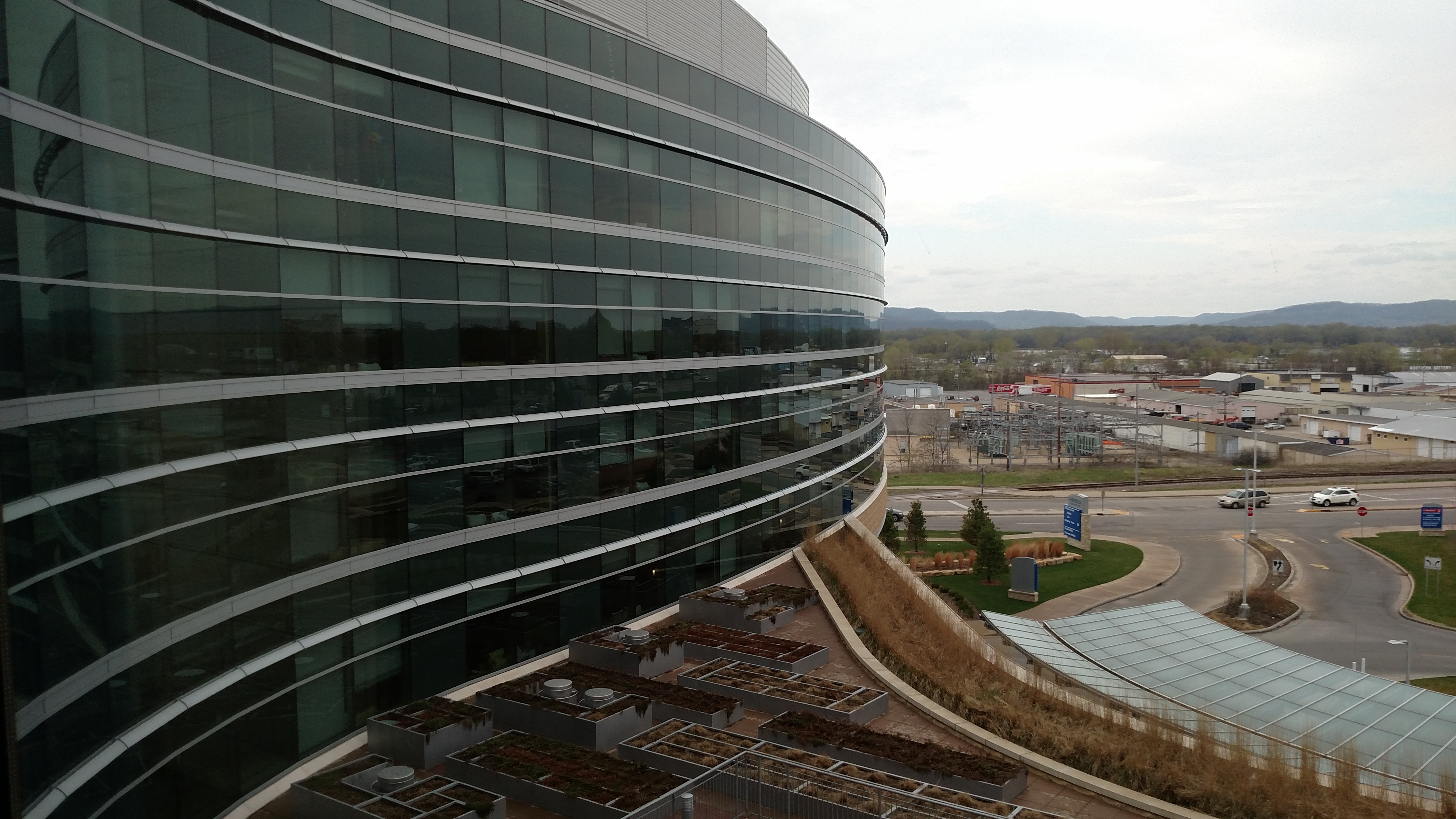Coronavirus
Wisconsin requests federal help for staff-strapped hospitals

MADISON, Wis. (AP) — Wisconsin’s top health official said Wednesday that 270 health care facilities have requested staffing help and the state has asked for medical reserve teams from the federal government to provide relief for long term care facilities facing worker shortages.
The state reported three additional positive COVID-19 cases from the new omicron variant on Wednesday, after the first case was recorded on Saturday. The vast majority of cases, more than 99%, continue to be from the delta variant, said the state’s chief medical officer Dr. Ryan Westergaard.
“If you think this doesn’t impact you, you’d be wrong,” Gov. Tony Evers said at a briefing. “We can’t just let our hospitals go into crisis mode, folks.”
Evers and health officials urged people to get vaccinated and take other precautions, such as wearing masks, to slow the spread of the virus and help take the strain off of hospitals. As of Tuesday, more than 56% of the state’s total population and more than 67% of those over 18 were fully vaccinated.
People who are not vaccinated are 11-times more likely to be hospitalized and 15-times more likely to die than those who have been inoculated against COVID-19, according to the state health department.
There were 1,630 people hospitalized due to COVID-19 as of Tuesday, up by 212 over the previous week. Nearly all intensive care beds — 97% — are currently filled as are 98% of intermediary care beds, said Wisconsin Department of Health Services Secretary Karen Timberlake. Hospitals could admit more patients if there was more staff available, she said.
“We are full. Period,” Eric Conley, CEO of Milwaukee’s Froedtert Hospital, told Wisconsin Public Radio. “It’s really impacting, impeding care for those patients who are not COVID that need the care getting in because getting to our beds is just very, very hard.”
Hospital administrators say they have had to turn some patients away even when they needed emergency care.
“Unfortunately, it’s not looking good and I don’t think it’s looking good for anybody across the state or even across state lines. Our ICUs are pretty much full,” Dr. Imran Andrabi, CEO of ThedaCare, told Wisconsin Public Radio.
Hospitals in the Fox Valley and north central Wisconsin report having only one or two intensive care unit beds available. Hospitals in the northwestern and western part of the state reported having no ICU availability. And in southeastern Wisconsin, the number of available beds was cut in half from 30 on Monday to 15 on Tuesday.
The state is requesting medical reserve teams from the Federal Emergency Management Agency to assist with staff-strapped hospitals and other care facilities, Timberlake said. The state is asking for five FEMA teams of 20 each that would be dispersed regionally across Wisconsin, Timberlake said.
She said she expected the FEMA teams to be in place in weeks. Another 360 additional supplemental nursing staff members have been dispersed across the state over the past two months, she said.
Last week, 60 National Guard members were sent to work in the four state-run mental health institutions because of staffing shortages. Guard members were first mobilized in 2020 and have continuously helped around the state primarily with COVID-19 testing and mobile vaccination teams.
The seven-day average of newly confirmed COVID-19 cases was 3,155, a level of activity not seen since December 2020, before vaccinations were available, Timberlake said.
Evers said every means possible to encourage people to get vaccinated was being explored, and he encouraged elected officials to advocate for vaccinations. The state previously offered $100 for people to get vaccinated as well as free cream puffs at the state fair.
“Whatever it is, we’re going to try to do it,” Evers said

